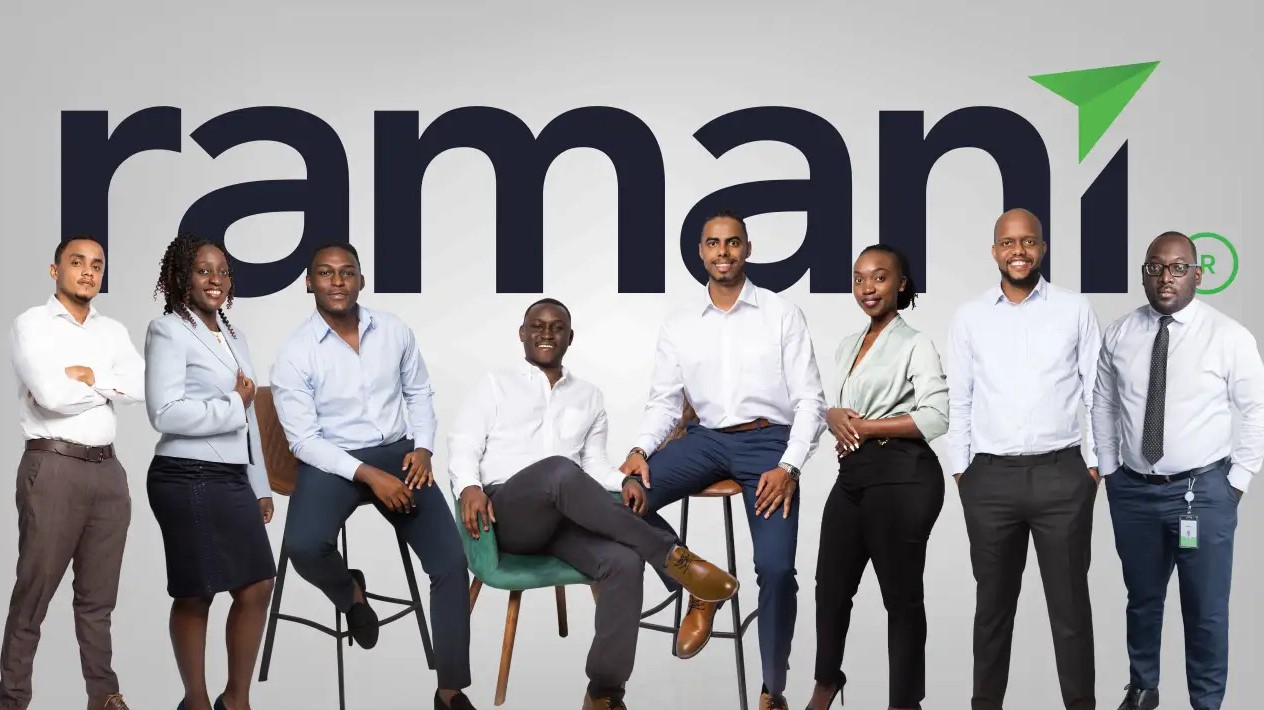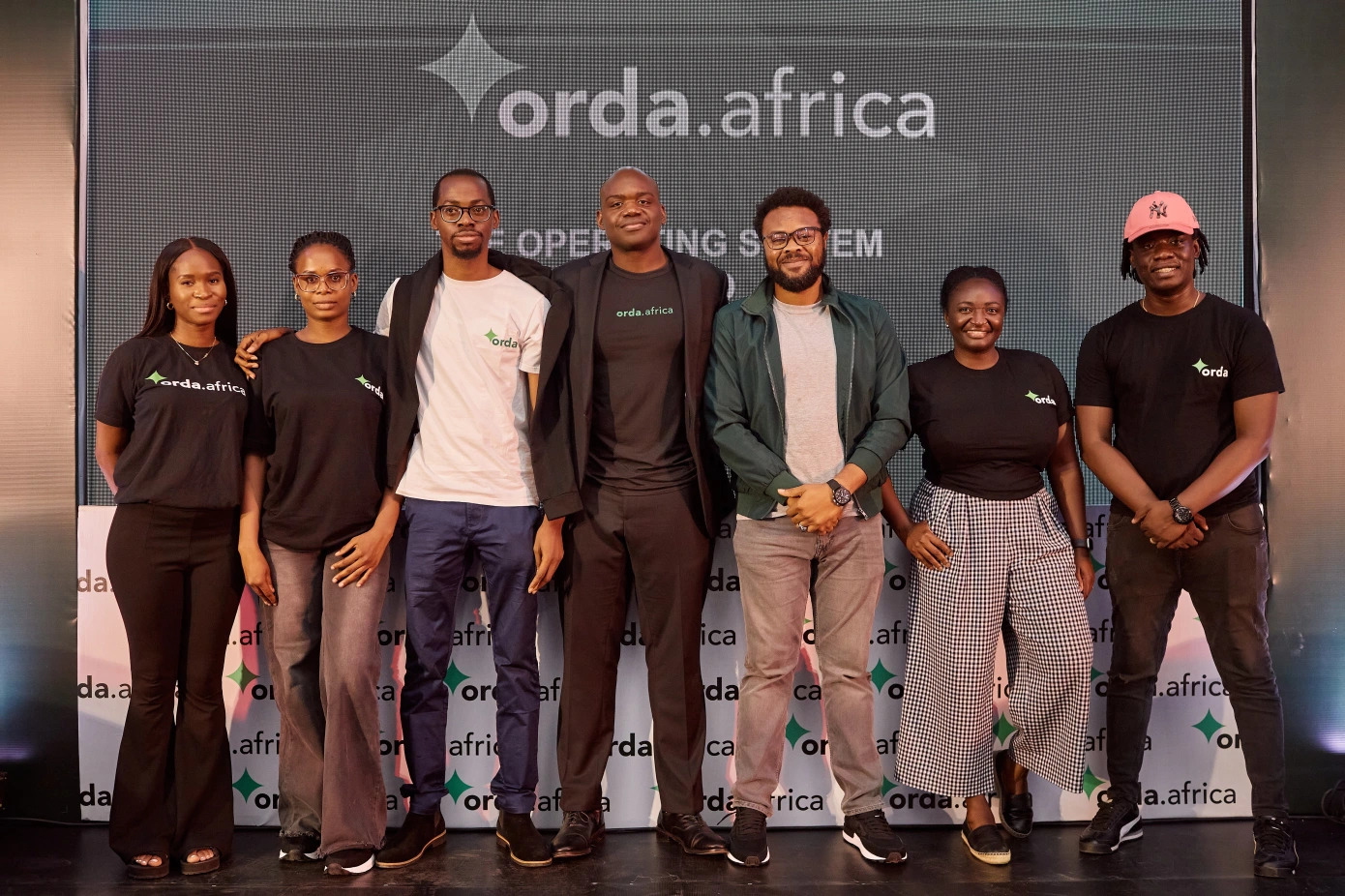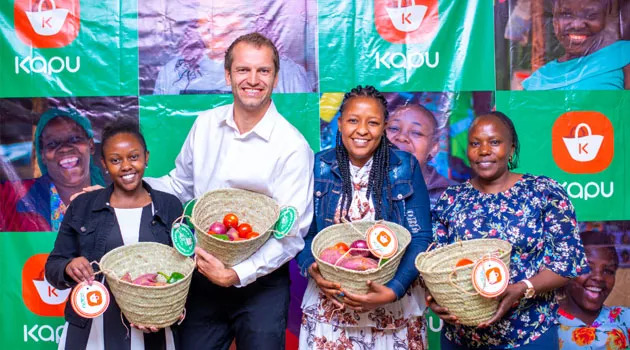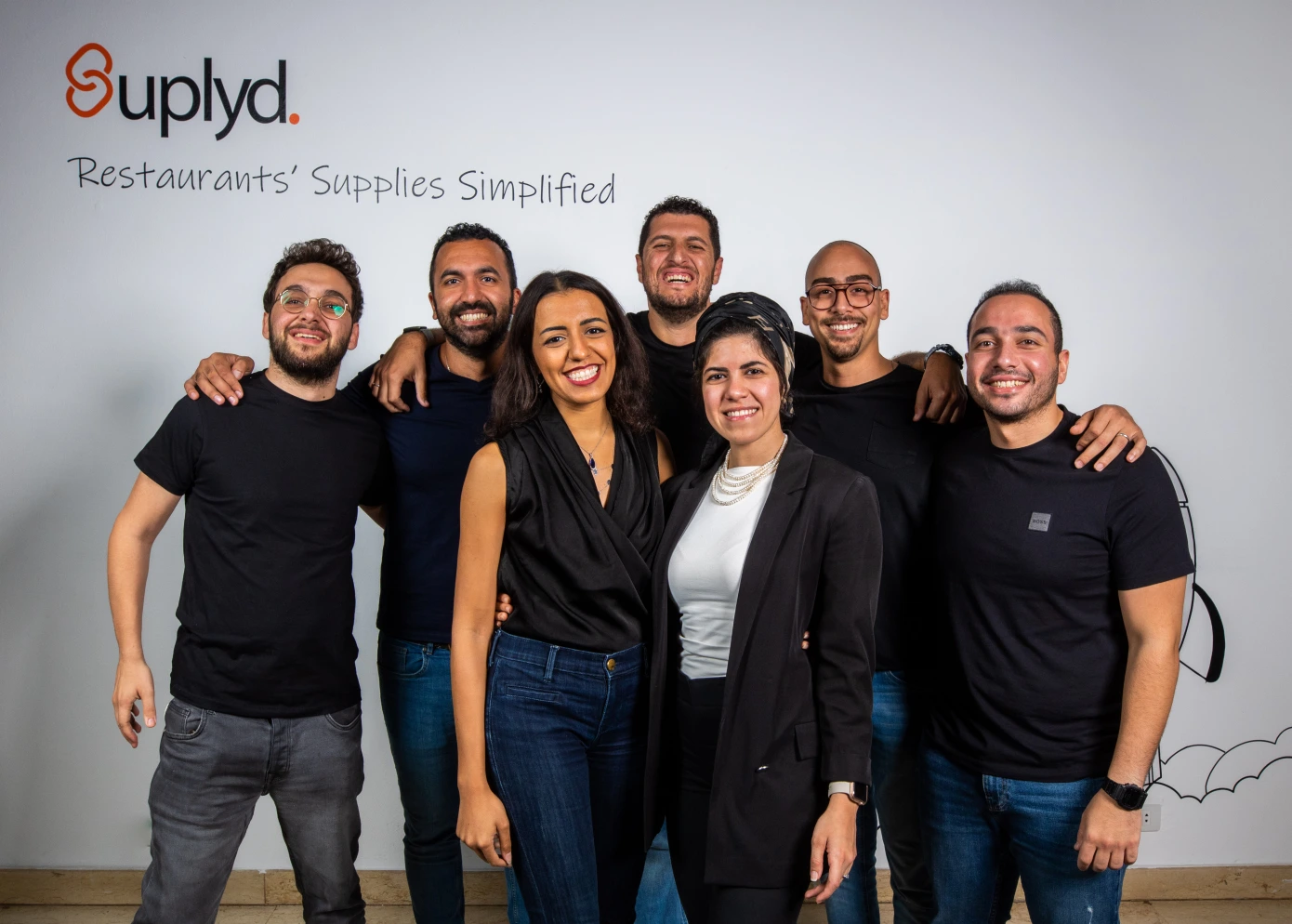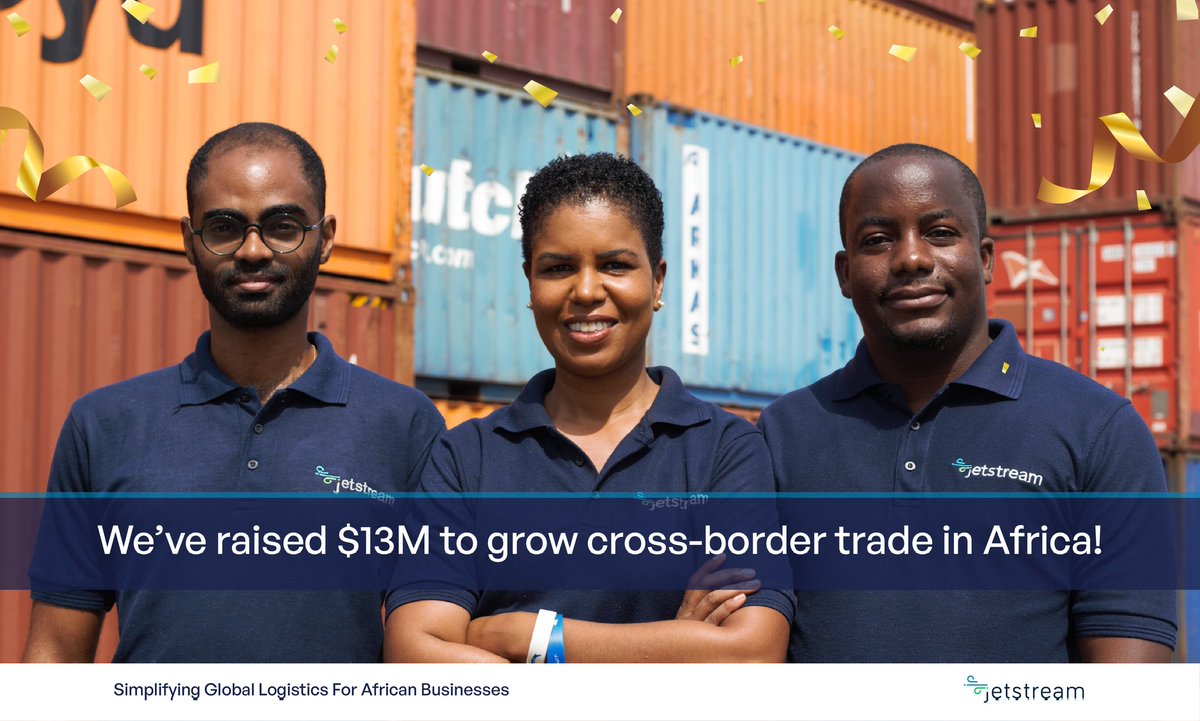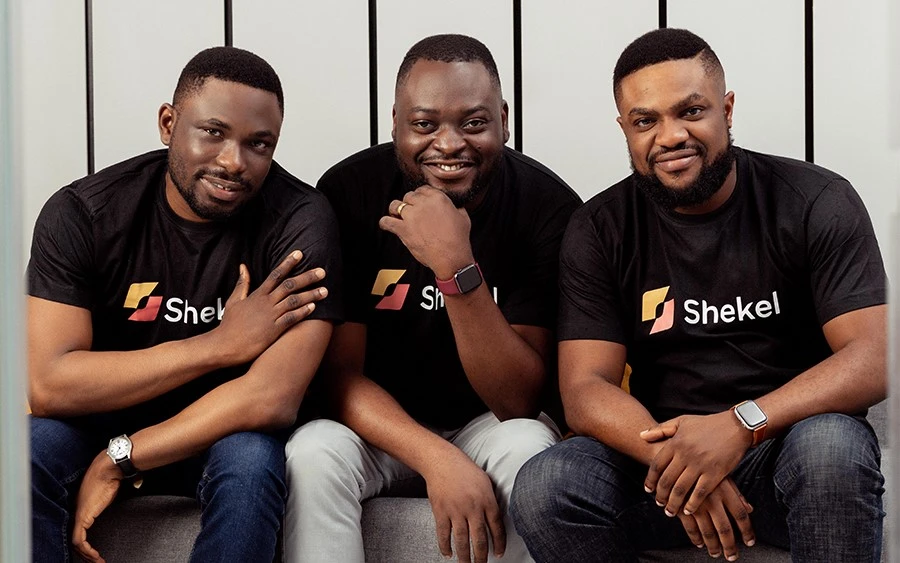We saw a lot of venture fund activity this week, with Modus appearing on our radar for the second week in a row, this time for launching a venture builder in Egypt. We also recorded a large deal in Ramani’s $32 million Series A round. Pivo, a female-led fintech, also raised $2 million in seed funding.
Let’s get right into the details.
Funding
Pre-Seed

Smartprof, a Moroccan edtech company, has raised $110,000 in pre-seed investment from UM6P Ventures, Plug and Play, and other investment angels.
Founded in 2020 by Mustapha Faiz, Hamza Faiz and Ali Faouzi, Smartprof is an on-demand private tutoring platform which enables a small crew to provide one-on-one or group live interactive sessions.
Smartprof plans to use the new funding to expand its presence in Morocco and West Africa, as well as hire more developers to improve the product’s quality.

Leta, a Kenyan B2B supply chain and logistics SaaS provider, has raised $3 million in pre-seed funding from 4Di Capital, Chandaria Capital, Chui Ventures, PANI, Samurai Incubate, and Verdant Frontiers Fintech.
Founded by Nick Joshi in 2021, Leta is a tech company that develops supply chain and logistics software to facilitate the efficient and automated movement of goods in Africa. The startup intends to use the funds to expand throughout Africa.
Seed

Grinta, an Egypt-based B2B marketplace, has raised $8 million in seed funding led by Raed Ventures and Nclude, with additional investors including Endeavor Catalyst and 500 Global, bringing its total funding to $9.5 million.
Founded in 2021 by Mohamed Azab, Yosra Badr, Ali Youssef, and Hamza Mohamed, Grinta provides pharmacies with access to the full range of traceable pharmaceutical and medical products from multiple vendors, as well as fulfillment, demand planning, and inventory financing.
The funds will be used to scale Grinta’s full-stack tech platform, expand the company’s team, and accelerate its expansion in the Egyptian market.

Revio, a South African API payment and collections start-up, has raised $1.1 million in a funding round led by SpeedInvest and joined by Ralicap Ventures, The Fund, and Two Culture Capital.
Founded in 2020 by Ruaan Botha, Revio assists businesses in recovering lost transactions in order to boost revenue, improve cash flow, and, ultimately, increase customer lifetime value. It provides a number of fintech solutions for payment orchestration, billing automation, and revenue recovery.
The startup intends to use the funding to address payment failure issues in parts of Africa.

Pivo, a Nigerian fintech startup has closed a $2 million seed funding round from Precursor Ventures, Vested World, Y Combinator, FoundersX and Mercy Corp Ventures.
Founded by Ijeoma Akwiwu and Nkiru Amadi-Emina in July 2021, Pivo is targeted at businesses that deals with the import, export, manufacture, distribution and retail of FMCG, logistics and haulage, and clearing and forwarding.
The funds raised will be used to improve existing products and to develop new ones. The company also intends to expand its operations to East Africa and expand its team beyond its Lagos office.
Series A

Ramani, a Tanzanian retail-tech startup has announced the close of its $32 million Series A funding round led by Flexcap Ventures and Jared Schreiber, the founder and CEO of Infoscout.
Founded in 2019 by Iain Usiri, Calvin Usiri and Kibet Martin, Ramani is working to improve fragmented consumer goods supply chains that have traditionally suffered from a lack of data visibility and limited access to financial services.
Ramani will use the new capital to expand its network of MDCs and to launch a new micro-credit offering for select MDCs.
Others

Djamo, a personal finance company based in Côte d’Ivoire, has raised $14 million in equity funding led by Enza Capital, Oikocredit, and Partech Africa, with participation from Janngo Capital, P1 Ventures, Axian, and Launch Africa.
Founded by Regis Bamba and Hassan Bourgi, Djamo is a personal finance app for French-speaking Africans, where less than 25% of adults have a bank account.
The funds will be used to expand into new markets and to continue building a full suite of personal finance services to further empower its customers throughout the region.
BioLite, a Kenyan-based solar energy company has raised $5.3 million in funding from Moriva SunFunder. The deal was negotiated by Lion’s Head Global Partners in collaboration with the Energy Inclusion Facility Off-Grid Energy Access Fund (EIF-OGEF).
Founded in 2006 by Jonathan Cedar and Alexander Drummond, BioLite manufactures solar home systems in Sub-Saharan Africa, allowing rural homes to be electrified. The company also provides low-carbon cooking kits to African households in order to reduce deforestation caused by the use of wood as a cooking fuel.
BioLite will be able to rapidly expand its operations in Sub-Saharan Africa thanks to the credit raised.
Venture Fund

Modus, a Mena-focused venture capital firm based in the United States, has partnered with USAID to launch a venture builder (MV Builder II) in Egypt to build and support female-led Egyptian startups and underserved populations.
MV Builder II is sector-agnostic, and it will support the local Egyptian entrepreneurial ecosystem by providing operational and technical assistance to startups as they transition from the concept stage to a market-ready product. Modus recently launched a $75 million Africa-focused venture capital fund to invest in the continent’s impact-driven startups.
Flat6Labs, an Egypt-based early-stage venture capital and accelerator, has partnered with construction firm SIAC and engineering consultancy Dar Al Handasah to launch Makers, a construction-tech innovation program aimed at accelerating the growth of startups in the contech space.
The pre-Seed program is designed to provide selected startups with hands-on assistance, unlocking their funding potential. It will allow startups to test and formalize their ideas before submitting them to SIAC and Dar, with the possibility of being chosen to run a pilot program with both companies.
LoftyInc Capital Management, a Pan-African venture capital firm, has closed its 40% oversubscribed LoftyInc Afropreneur Fund 3 (LAF3) at $14.3 million.
Limited partners from its second fund contributed to the fund, which included FBNQuest Funds, syndicates from The Green Investment Club, HNIs from multinational corporations such as Google, Facebook, and ExxonMobil, as well as Andela CEO Jeremy Johnson.
The pan-African fund will invest in Seed-to-Series A technology-enabled companies founded by African entrepreneurs, with a focus on the hyper-growth tech ecosystems of Nigeria and Egypt.
Goodwell Investments has launched its EUR150 million ($154 million) uMunthu II fund, which aims to accelerate the growth of inclusive businesses in the region.
The fund will be used to finance innovative, scalable small and medium-sized businesses that improve access to and affordability of basic goods and services for Africa’s unserved and underserved consumers.
Alithea Capital, Goodwell’s long-term investment partner based in Lagos, Nigeria, will co-manage the fund. The funds will be invested in at least 35 new portfolio companies.
AU-Startup Highlights
Copia Global, Cellulant partner to drive Payments for its Diaspora and Urban Customers
Autochek Financial Services launches to drive Seamless access to Vehicle Financing across Africa
South African crypto exchange VALR launches in Zambia
Climate technology programme for Africa launched at COP27
More layoffs at SWVL as company risks delisting from NASDAQ
South African cleaning services startup, SweepSouth, quits Nigeria
Jumia moves to cut operating costs, hints at ‘leaner’ workforce
Google to remove all unlicensed Nigerian loan apps from Play Store latest January 31
Kenya’s Asset Recovery Agency drops fraud charges against Nigerian fintech startup, Kora
Interesting Finds
Why You Should Allocate Media Spend to Spotify
Angel Network Rwanda: Why it’s difficult to invest in local startups in Rwanda
Meet the three female founders leading the Botswana tech startup revolution
Events, Opportunities and Jobs
And that’s all for this week. Remember to share this newsletter issue with your friends and colleagues at work, so they don’t miss out on the happenings in the African startup ecosystem.
